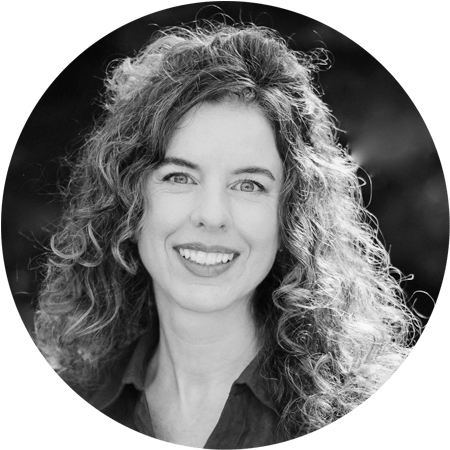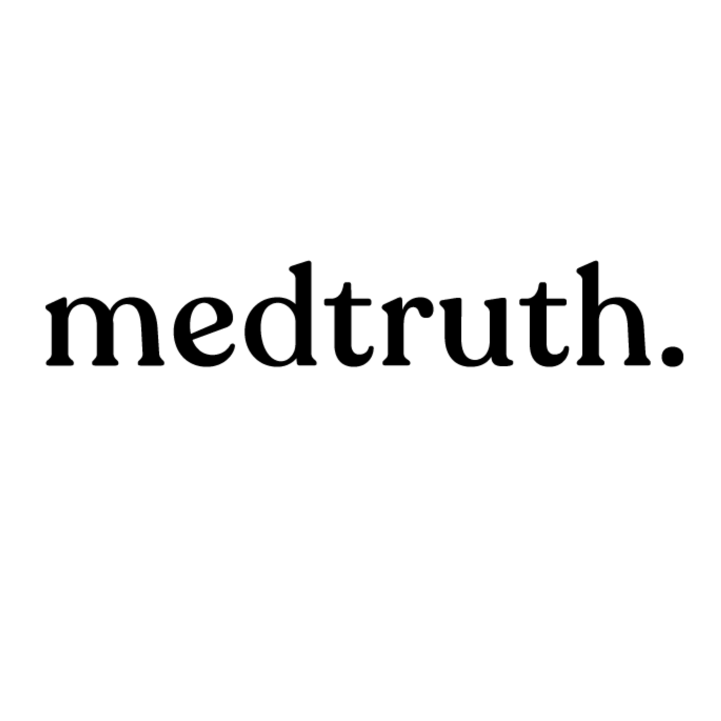“They actually listen to me, so instantaneously with this exposure and with this heartfelt story,” Schneider told MedPage Today. “…At least I can get my ideas out there and maybe, maybe I can help affect greater change."
Schneider’s son, Daniel Schneider Jr., was 22 the day he died attempting to get crack cocaine in New Orleans. In the first episode of “The Pharmacist,” Schneider begins to investigate his son’s murder by going door to door in New Orleans after tiring of the police’s slow pace. He faces violent reactions from the community as he digs deeper. After he offers a $10,000 reward for information, police introduce Schneider to Jeffrey Hall, a 15-year-old who claims to have witnessed the murder. But it turns out that Hall accused someone who was already in prison at the time of the shooting.
Eventually, the docuseries shows how police — with Schneider’s help — solved the case, which has an interesting twist related to Hall. But that’s only the beginning.
Once he rests his son’s case, Schneider takes a look at the prevalence of prescription drugs in his middle-class community, St. Bernard Parish, where police say OxyContin abuse is an “epidemic.” In this New Orleans suburb, police make as many arrests for illegal OxyContin as they do crack cocaine, according to Time.
After keeping track of the number of OxyContin prescriptions Schneider filled as a pharmacist, he noticed that one pain management doctor, Jacqueline Cleggett, wrote nearly all the OxyContin prescriptions.
The second half of “The Pharmacist” shows Schneider working with local authorities, the Federal Bureau of Investigation and the Drug Enforcement Administration to discredit Cleggett.
The story also depicts how multiple states and individuals sued Purdue Pharma, the company that invented OxyContin. Executives knew about abuse of OxyContin in the first years after the drug’s introduction in 1996 and concealed that information from the government and the public.
“The main message is don't turn a blind eye. Be alert. Pay attention to what's wrong that's going on around you and try to correct it,” Schneider told MedPage Today. “I want to point out that I represent only one family. There's 400,000 families like me.”
“I want to be an advocate to try to get people to understand that this is not just the people that are addicted and the drug companies. This is not just the doctors. It's all of us, public included. We need money directed at the problem. That means maybe even paying more taxes or devoting more resources, “ he said, adding that the opioid crisis costs the public a fortune through car and home insurance due to drug-related accidents.
Opioids killed more than 400,000 people between 1999 and 2017, according to NBC News, and more than 702,000 people have died from drug overdoses during that time period — nearly 68% of which involved a prescription or illicit opioid, according to the CDC. The CDC reports that 46 people die every day from overdoses involving prescription opioids.
If you or someone you know is addicted to opioids, alcohol, tobacco or other drugs, contact the Substance Abuse and Mental Health Services Administration (SAMHSA) at 1-800-662-HELP (4357), a free, confidential, 24/7 treatment referral and information service available in English and Spanish.

